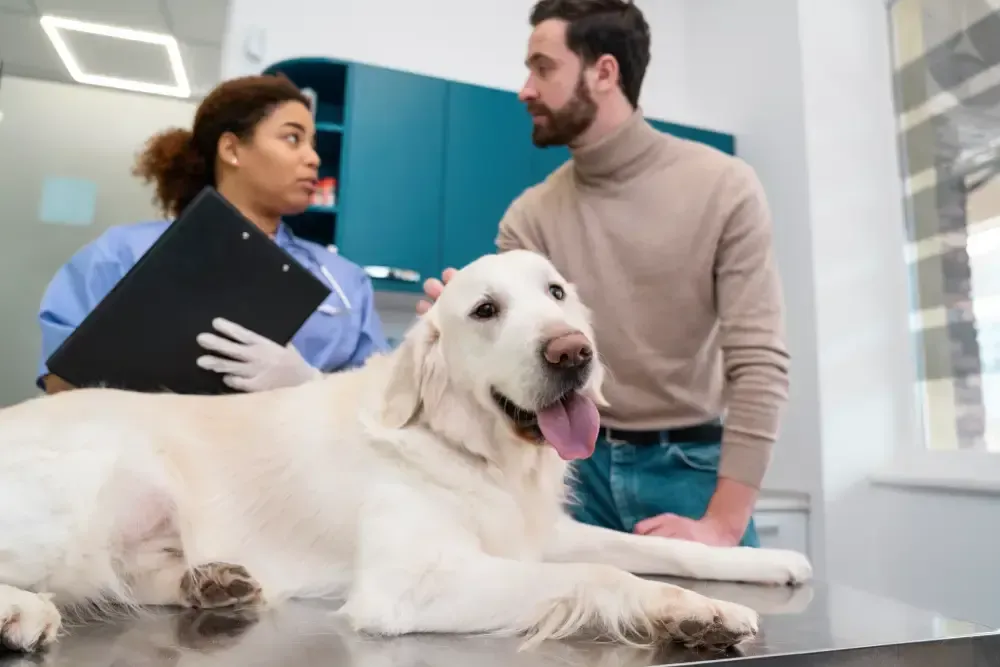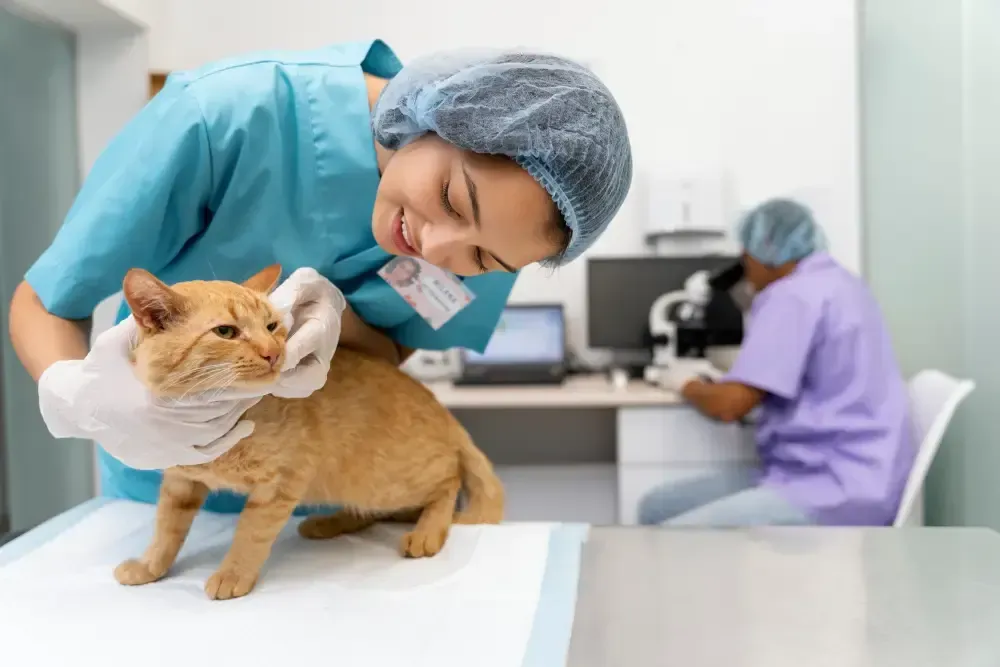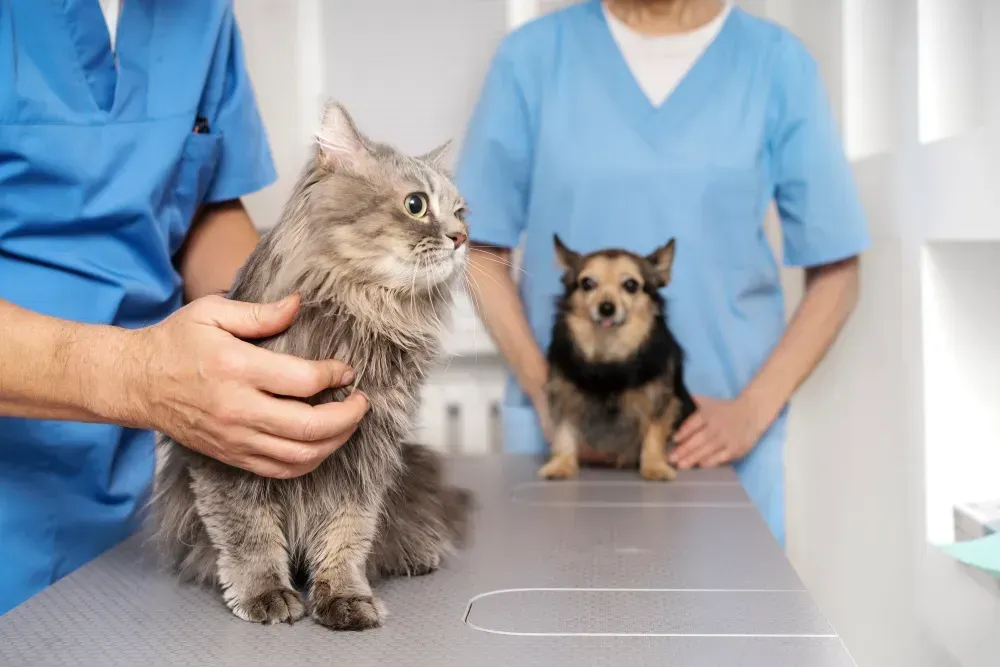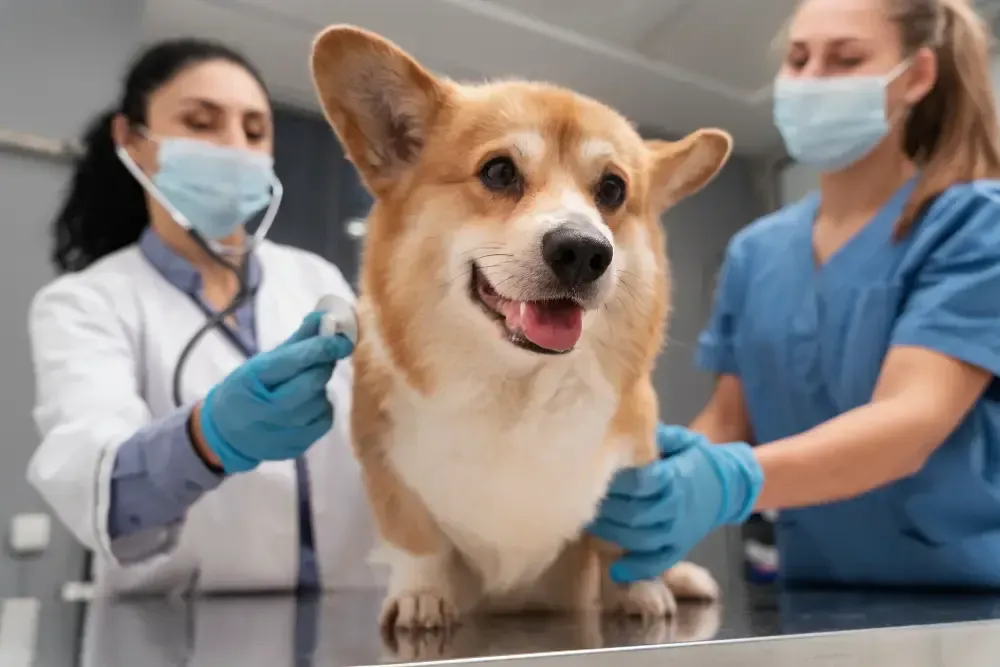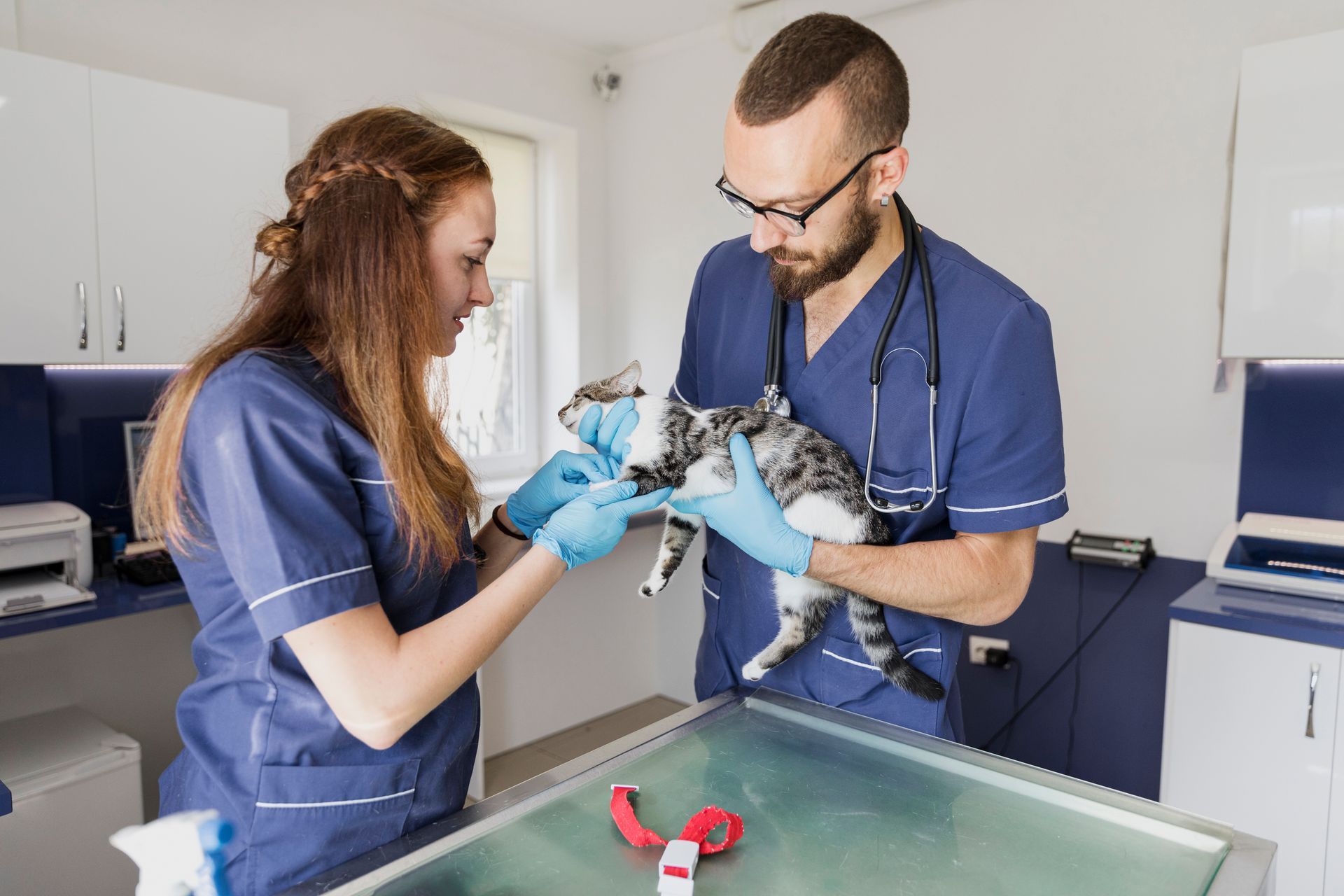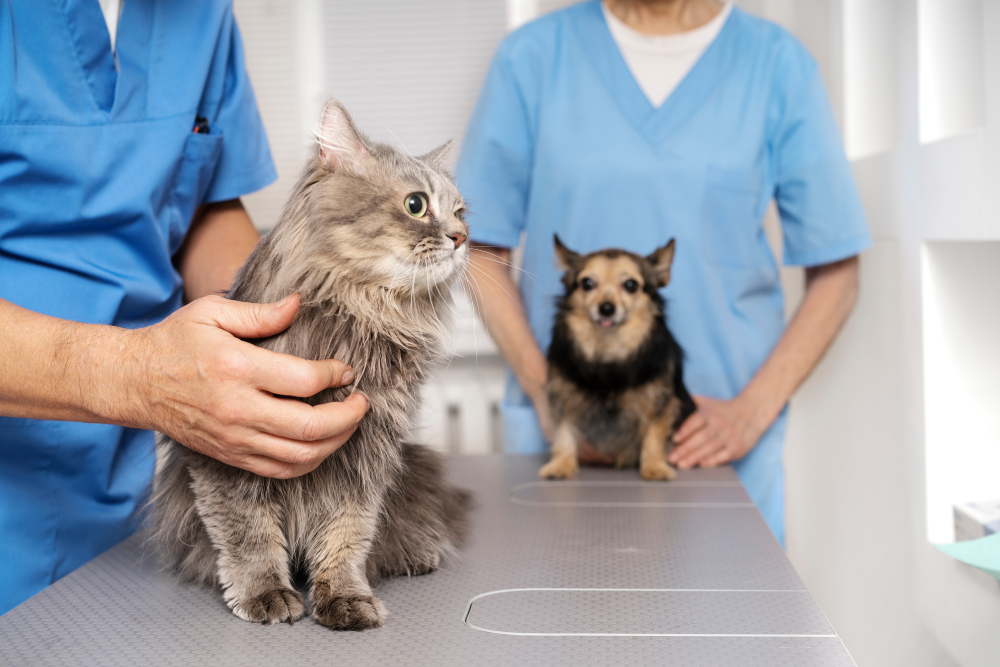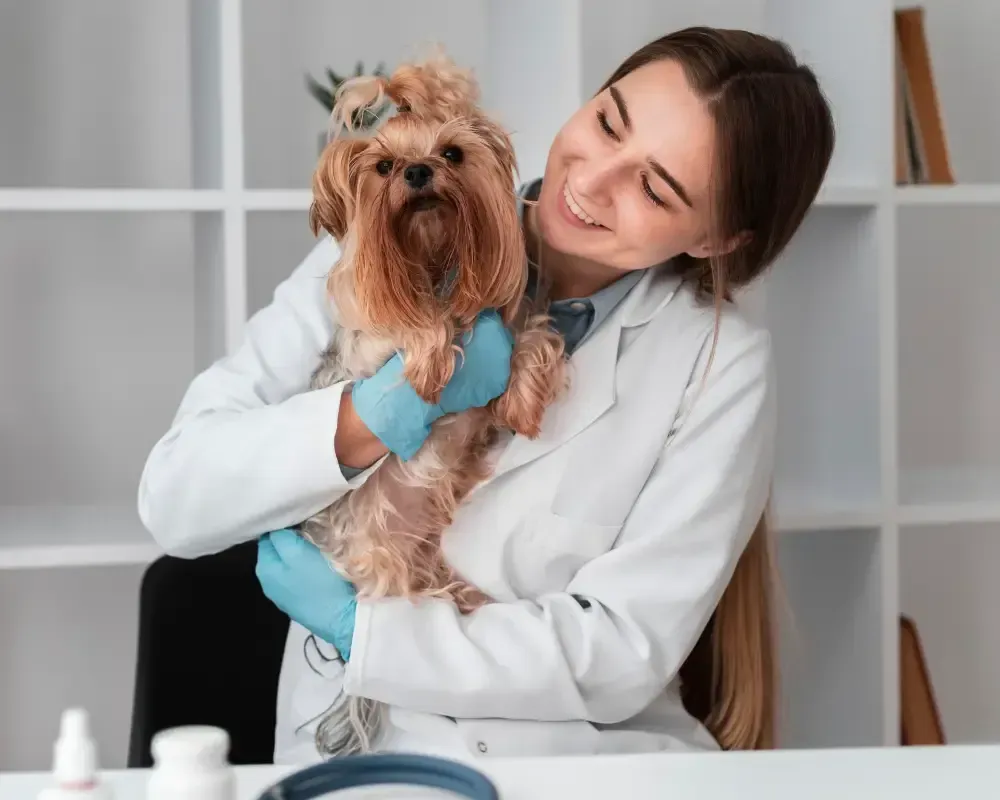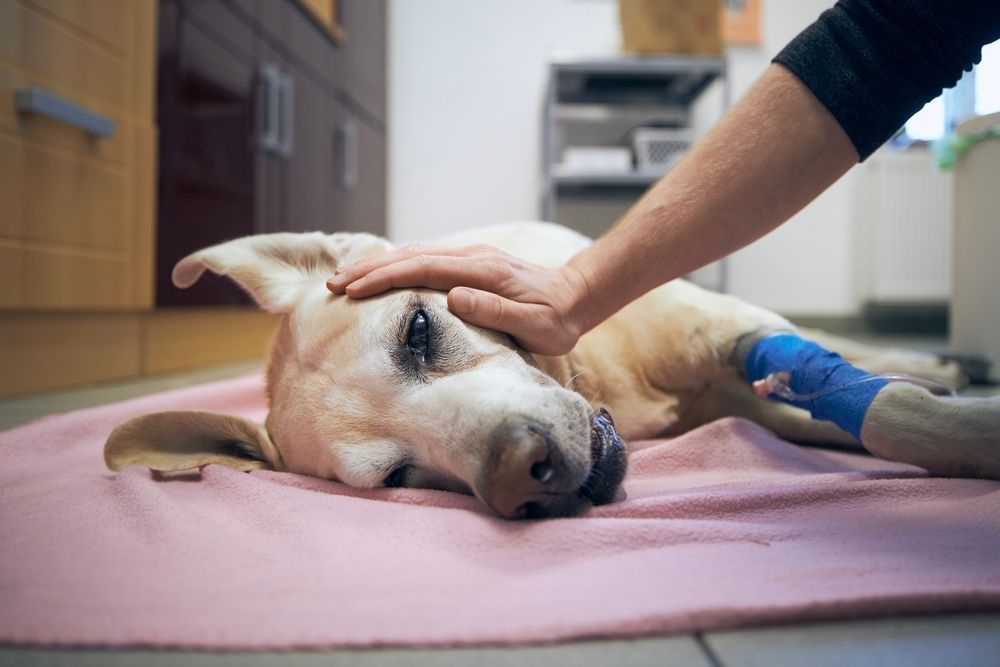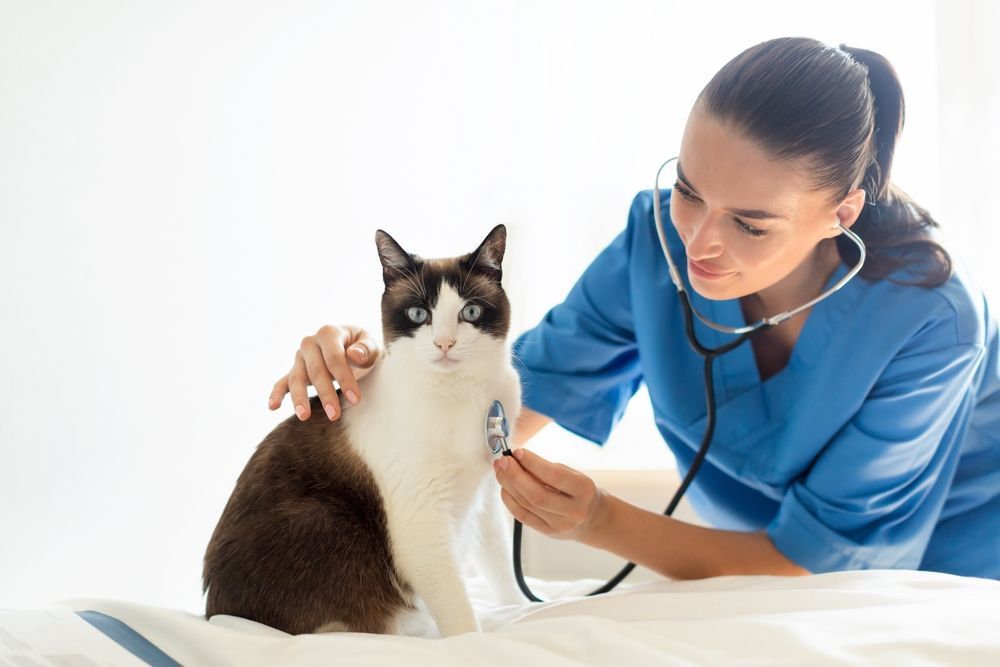Veterinarian Tips for Keeping Pets Healthy and Stress-Free
September 4, 2025
Pets are family. Whether you share your home with a playful puppy, a curious cat, or even a senior dog who prefers naps over playtime, every pet deserves the best care we can provide. As loving pet parents, it’s not always easy to tell if our furry companions are stressed, uncomfortable, or in need of professional attention. This is why guidance from a veterinarian is so essential.
Every visit to a trusted veterinary clinic not only helps in catching health issues early but also provides you with tips you can apply at home to make sure your pet is happy, safe, and stress-free. Let's explore practical advice shared by veterinarians that can help you keep your pets thriving year after year.
The Vital Role of Regular Veterinary Checkups
It can be tempting to wait until a pet shows obvious signs of illness before calling the veterinarian. However, regular health checkups are the foundation of long-term wellness. A veterinarian doesn’t just provide treatment when pets get sick — they play a huge role in preventive care.
At any veterinary clinic, wellness visits often include a physical examination, dental checkup, weight monitoring, and sometimes blood work. These proactive services give veterinarians the chance to spot issues—like infections, allergies, or nutritional deficiencies—before they turn into bigger problems. Many pet parents are surprised to learn that stress can manifest in subtle ways, like changes in grooming habits or sudden aggression. A veterinarian can help you understand whether these changes are behavioral or medical in nature.
Regular visits to a veterinary clinic also build trust between your pet and the healthcare team, reducing anxiety during future appointments. Pets who see their veterinarian routinely tend to experience less stress than those who only go in when emergency strikes.
Nutrition and a Balanced Diet
Just like people, pets need the right balance of nutrients to feel their best. It’s not enough to grab the cheapest bag of kibble on the shelf. A veterinarian will often emphasize that feeding pets a balanced diet supports strong immunity, healthy joints, and a shiny coat.
Veterinarians typically recommend diets based on age, activity level, size, and breed. For instance, growing puppies need more protein and healthy fats, while senior dogs often need fewer calories to maintain a healthy weight. At a veterinary clinic, you can ask for advice on choosing the right food for your pet’s specific needs.
It’s also important to understand the role hydration plays in keeping pets stress-free. Cats, in particular, don’t always drink enough water. A veterinarian might recommend wet food or even pet fountains to encourage hydration. The guidance you receive at a veterinary clinic can significantly improve your pet’s quality of life by preventing issues like obesity, diabetes, or digestive discomfort.
Exercise and Mental Stimulation
A tired pet is often a happy pet. Exercise not only keeps pets physically fit but also helps relieve stress and anxiety. Dogs generally benefit from daily walks, while many cats enjoy interactive toys and climbing structures. A veterinarian can help you determine the right amount of activity for your pet based on age, breed, and current health condition.
At a veterinary clinic, you will often find veterinarians emphasizing the importance of mental stimulation as much as physical exercise. Puzzles, training routines, and scent-based activities can provide enrichment and reduce negative behaviors like chewing, scratching, or excessive barking.
Routine activity also gives pet parents the chance to bond with their companions. This consistent attention reassures pets, helping them feel secure and well cared for. A visit to the veterinarian may even reveal new ways you can support your pet’s stress-free lifestyle with customized exercise ideas.
Dental Care: The Often Overlooked Health Factor
Dental health is one of the most common areas overlooked by pet owners. Gum disease, tooth decay, and bad breath may not seem serious, but they impact overall wellbeing. Veterinarians warn that poor dental hygiene can even affect the heart, kidneys, and liver over time.
Making dental hygiene a routine prevents many stressors for pets. A veterinarian can demonstrate safe brushing techniques and suggest pet-safe dental chews. At a veterinary clinic, professional cleanings are available when brushing at home isn’t enough. Pets who have regular dental care not only avoid unnecessary stress from oral pain but also live healthier, longer lives.
Caring for teeth at home and following up with professional visits at your local veterinary clinic ensures you’re addressing this important aspect of wellness many pet parents miss.
Grooming and Hygiene Matter More Than You Think
Stress-free living for pets often comes down to comfort. Just like humans, animals feel better when they are clean and well groomed. Regular brushing reduces shedding, prevents matting, and allows you to check for early signs of skin irritation.
A veterinarian can alert you to conditions like skin infections, parasites, or allergies. Maintaining good hygiene doesn’t just keep pets looking their best, it helps prevent stress caused by constant itching or discomfort. At a veterinary clinic, you can also ask about safe shampoos, pest protection, and grooming routines tailored to your pet’s needs.
Visiting a veterinary clinic for occasional grooming services, nail trims, or ear cleaning also creates a stress-free life for pets who might otherwise develop painful health problems due to neglect. Pets who are comfortable in their skin simply feel happier and healthier overall.
Reducing Stress in Daily Life
Pets are sensitive to changes in routine, loud environments, and even the moods of their humans. While stress cannot be completely avoided, veterinarians often guide families on creating calming, predictable environments.
Small steps, like creating safe spaces, using anxiety-reducing toys, and keeping routines consistent, work wonders. A veterinarian may also suggest calming supplements or pheromone diffusers for more anxious pets. When stress-related behaviors persist, your local veterinary clinic can provide testing to rule out medical conditions that mimic anxiety.
Stress management should always be proactive. By staying in touch with a veterinarian, you ensure that physical, emotional, and environmental factors are all working together to keep your pet calm and comfortable.
At every stage, the knowledge and reassurance you receive from your veterinary clinic are critical in preventing ongoing stress for your furry family member.
Pet Urgent Care of Enterprise
805 E Lee St STE A, Enterprise, AL 36330, United States
(334) 417-1166
https://www.peturgentcarellc.com/locations/enterprise-al
